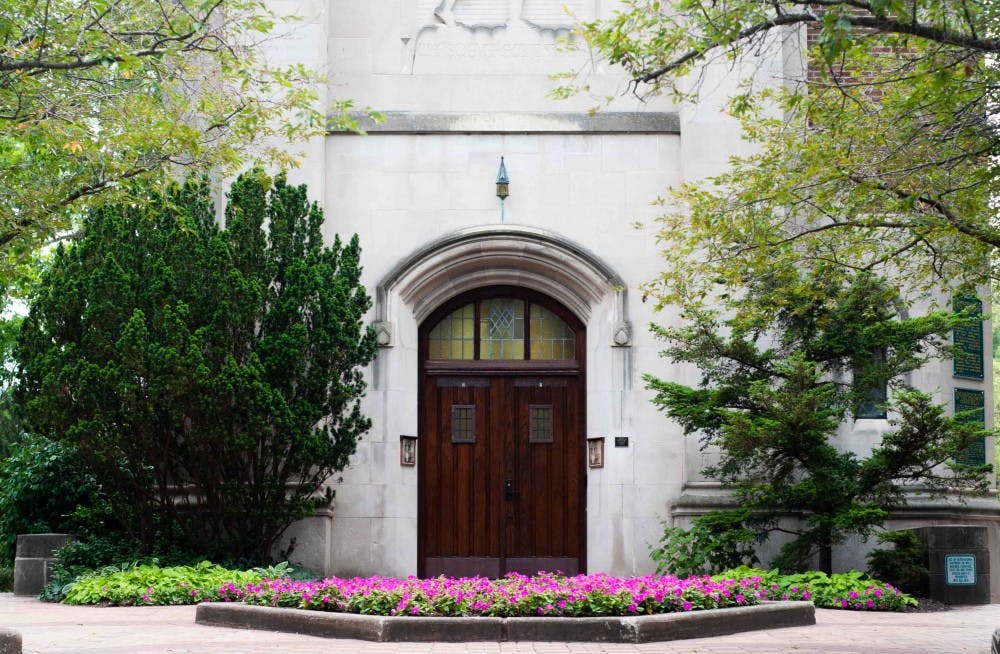South African Consul General Phumzile Mazibuko spoke on Sept. 27 at the MSU Main Library to discuss student involvement in activism.
During Mazibuko's lecture, she talked about student activism on MSU's campus, specifically in the 1970s.

South African Consul General Phumzile Mazibuko spoke on Sept. 27 at the MSU Main Library to discuss student involvement in activism.
During Mazibuko's lecture, she talked about student activism on MSU's campus, specifically in the 1970s.
“It is the role of the student activist to engage intellectually with vexing issues of the day. It is the role of students, as intellectuals, to by and large provide a leadership of society by connecting ideas to actions,” Mazibuko said.
Mazibuko said, when she was a student, it was nearly impossible to get past the reach of colonialism and apartheid, but with the international support and signs of solidarity, students were able to stand up to some of the policies of discrimination and inequality.
Starting in the late 1940s the South African government started enforcing legislation called apartheid, a set of laws designed to segregate against people of color. Apartheid, which translates to separateness, was designed so that the white minority would be separated from the black majority.
In the months and years following the Vietnam War, activists on campus were looking for a worthy cause to take up.
When Patricia and Frank Beeman heard of this wrongdoing in the mid-1970s, they stepped into action. The Beemans were both key players in the efforts of the Southern Africa Liberation Committee, or SALC.
SALC was comprised of students, staff, and community members who were all looking to take action against the apartheid government.
After the city of East Lansing passed the Selective Purchasing Resolution in 1976, which made sure the city was not conducting any business with any companies who had operations in South Africa, SALC pressured MSU to follow suit.
The Associated Students of Michigan State University, or ASMSU, and the Council of Graduate Students, or COGS, each passed a resolution endorsing the movement towards divestiture of the apartheid government.
With both organizations' endorsement, the topic was brought to the MSU Board of Trustees. Before the board could vote on the matter, they conducted an investigation as to what the effects would be if they went forward with the divestiture. When the results came back, it was found that the negative effects would be marginal.
In the fall of 1978, the Board of Trustees voted to divest from all companies who had subsidiaries in South Africa.
Four decades after this happened, Mazibuko spoke at MSU discussing activism around the world and on campus.
“The decades old activism of both faculty and students of MSU, led by organizations such as the Southern Africa Liberation Committee, which led the anti-apartheid efforts on this very campus will never, ever, be forgotten,” Mazibuko said.
During her lecture, Mazibuko asked how many people on campus really know the legacies of MSU.
“The future starts today. The future of this world is in our hands. As student activists, you need to continue to effect change in your sphere of influence. Continue to make a difference in your campus and in your communities. I know that you have good ideas on how to make the world around you better. Don’t be afraid, act,” she said.
Support student media! Please consider donating to The State News and help fund the future of journalism.